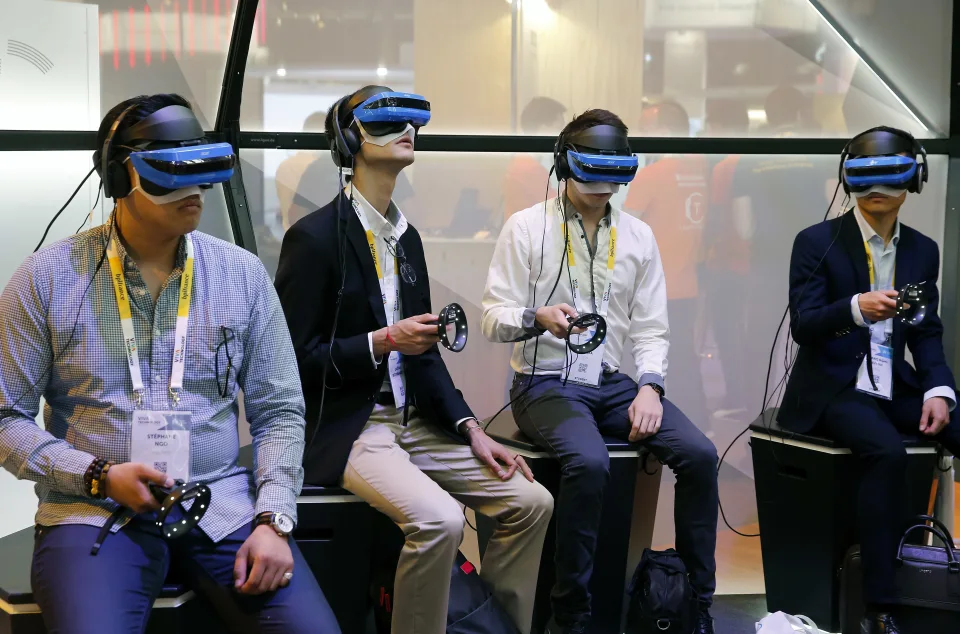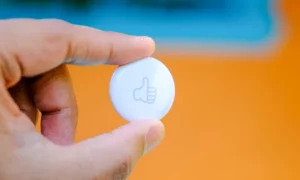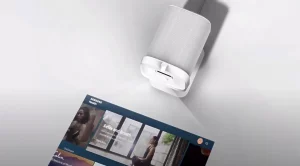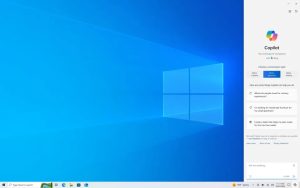According to an official list of deprecated Windows features, Microsoft is discontinuing its Windows Mixed Reality platform. This includes the Windows Mixed Reality software, the Mixed Reality Portal app, and the associated Steam VR app. Although the platform is not immediately removed, Microsoft states that it will be “removed in a future release of Windows.”
Windows Mixed Reality was introduced by Microsoft in 2017 as its entry into the competitive VR space, where it aimed to contend with rivals such as HTC and Oculus (now owned by Meta). The platform allowed for shared mixed reality experiences, and various VR headsets, including the HP Reverb G2 and those from Acer, Asus, and Samsung, adopted Microsoft’s technology. The Windows Mixed Reality Portal app provided access to a range of games, experiences, and productivity apps.
Despite the initial fascination with the technology, it appears that the adoption rate did not meet expectations, leading to the decision to discontinue the Windows Mixed Reality platform. The move suggests a shift in Microsoft’s focus or strategy within the virtual reality space.
The discontinuation of the Windows Mixed Reality platform does not seem to have a direct impact on Microsoft’s other mixed-reality ecosystem, specifically the HoloLens 2. Microsoft has continued to support and enhance the HoloLens 2, with a Windows 11 upgrade and other improvements targeted at business applications. The HoloLens 2 has also been deployed for combat tests with the U.S. Army.
However, reports suggest that Microsoft has halted development on the HoloLens 3. In 2022, there were indications that Microsoft was collaborating with Samsung on an unannounced mixed-reality device. Despite this, Microsoft spokesperson Frank Shaw has affirmed the company’s commitment to HoloLens and future development in the HoloLens line.
It’s worth noting that Microsoft has undergone significant changes in its VR division, resulting in layoffs and the discontinuation of the AltspaceVR app. Despite these changes, Microsoft is still actively working on its proprietary Mesh app, which enables virtual meetings for co-workers in a shared digital space, even for users without a headset.
In summary, while the Windows Mixed Reality platform is being discontinued, Microsoft is maintaining focus on certain mixed-reality initiatives, particularly the HoloLens 2, while making strategic decisions and adjustments in other areas of its VR development.




